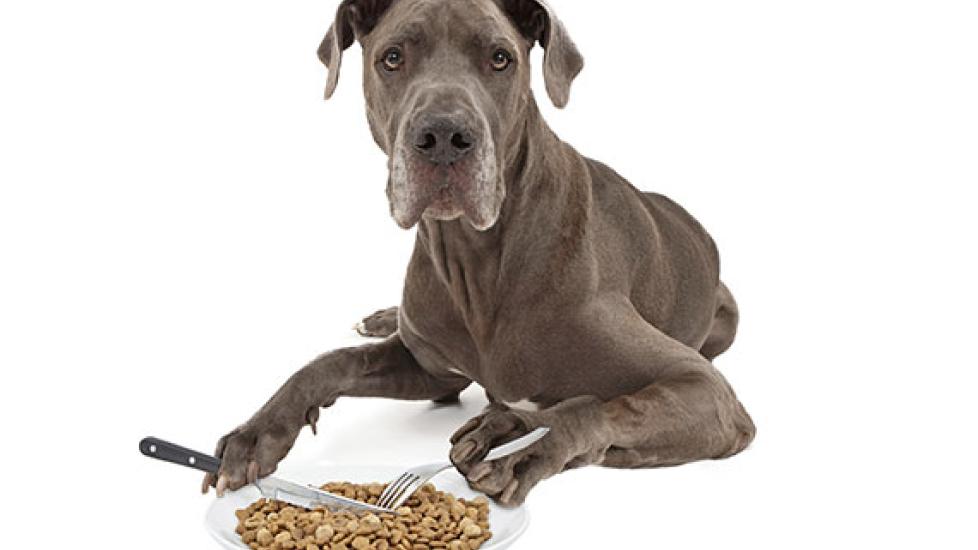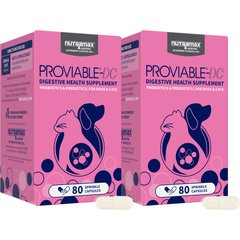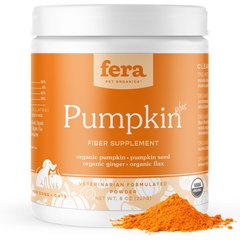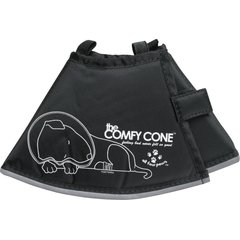Large Breed Dogs — Diet Can Help With Loose Stools
I recently ran across a paper presented at the 2015 American College of Veterinary Internal Medicine (ACVIM) conference that might explain a couple of cases I had a while back where I couldn’t pinpoint the reason for the dogs having loose stools.
The first dog was a female, spayed Great Dane—around three years old if I remember correctly—and her name was Zoe. Her owner had brought her in for routine preventative care but happened to mention that for as long as he could remember, her stools had been on the loose side despite multiple diet changes. I pulled out my handy dandy fecal scoring chart, and we determined Zoe’s stools were generally in the range of 3.5 to 4 out of 5.
I did my exam and nothing seemed out of the ordinary. She was eating a well-regarded food that was appropriate for her. I examined a few fecal samples under the microscope over the next couple of weeks and didn’t find any evidence of parasites or unusual bacteria. Still, I prescribed a broad-spectrum dewormer since some parasites can be hard to find on fecal exams… all to no avail. At this point, the owner stopped the diagnostic process saying he really wasn’t all that worried about Zoe and would follow up if anything changed for the worse.
Recommended Pet Products
- Nutramax Proviable Probiotics & Prebiotics Digestive Health Supplement for Dogs & Cats, 160 count$89.98Chewy Price
- Fera Pets USDA Organic Pumpkin Plus Fiber Support for Dogs & Cats, 90 servings$34.95Chewy Price
- All Four Paws Comfy Cone E-Collar for Dogs & Cats, Black, Small$20.24Chewy Price
- Virbac Epi-Otic Advanced Ear Cleaner for Dogs & Cats, 4-fl oz bottle$12.34Chewy Price
I probably wouldn’t remember Zoe if it weren’t for the fact that I had a nearly identical case just a week or so later. This time, the owner let me go a little further in the diagnostic process, but I could still find nothing wrong. I put this second dog, a Mastiff, on a highly digestible diet and his stools firmed up, but as soon as he went back to a “normal” dog food, his loose stools returned.
Turns out that this problem is not all that unusual for large breed dogs. According to the ACVIM paper:
It seems that the production of soft stools in LB [large breed]-dogs might be explained by both anatomic and physiologic differences, influencing the water absorption process and/or colonic fermentation. LB-dogs present a highly developed large intestine. These characteristics, associated with a longer LITT [large intestinal transit time], suggest a greater fermentative activity in LB-dogs. This hypothesis is confirmed by the more important production of lactic acid and SCFA [short-chain fatty acids] in the feces of LB-dogs. All together, these elements could be a possible cause of their poor fecal quality observed. This effect would be reinforced by the fact that strong intestinal permeability and reduced sodium absorption have been clearly shown in LB-dogs.
The author states that when it comes to picking a diet to improve fecal consistency in large breed dogs, the goal “is to avoid any ingredient that could increase the level of fermentable undigested residues and… exacerbate colonic fermentation.” In general, this means picking a food that has the following characteristics:
- It is not too high in protein but is made from quality protein sources.
- It contains a limited amount of wheat. Corn and rice are better carbohydrates in these cases.
- It contains non-fermentable fiber (e.g., cellulose). Fermentable fiber (e.g., beet pulp and fructo-oligosaccharides) should be avoided.

Dr. Jennifer Coates
Reference
Dog Digestive Sensitivity According to Size: A summary of 16-year research. ACVIM 2015. Mickaël P. Weber, PhD. Aimargues, France.




